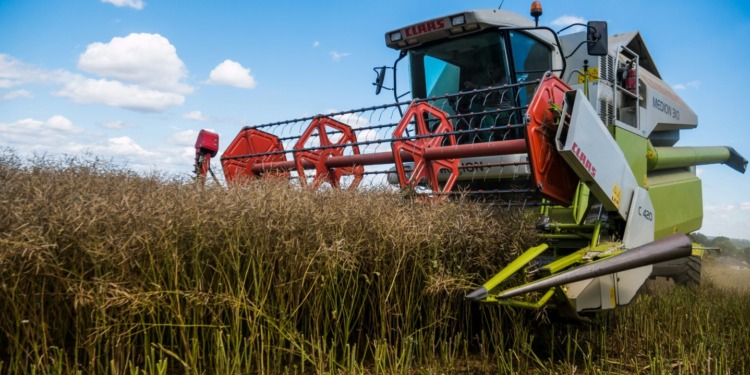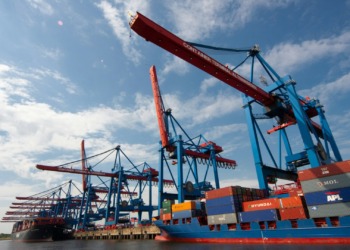A recent report advocated for increased support toward research and innovation, with a particular focus on partnerships between the public and private sectors and a more apparent regulatory framework. This has led the European Union to ramp up its efforts to generate sustainable agricultural systems, with a particular focus on the adoption of sustainable agriculture practices. This is especially important for small & medium-sized enterprises (SMEs), navigating the ever-changing landscape of ESG reporting requirements in the EU.
A competitive and innovative food chain
President of the European Commission, Ursula von der Leyen, has recently stated that a crucial factor in changing the EU’s food sector is embracing modernised technology, such as precision farming, drones, and advanced breeding techniques. They are leading to assisting farmers and businesses, large or small, in managing resources in a more efficient manner and improving productivity.
“We must promote a competitive European food value chain,” von der Leyen said. Her vision includes not only large-scale farms but also cooperatives and SMEs, which play a vital role in the food industry. For SMEs, applying these new technologies is crucial to staying competitive while still contributing to agribusiness sustainability in the EU.
This shift to innovation aligns well with ESG reporting, where SMEs must demonstrate their efforts towards sustainability. ESG reporting and scoring platforms can help businesses track, report, and improve on their environmental impacts.
Collaboration and public-private partnerships
The report highlights the importance of public-private partnerships in pushing forward research and innovation. By fostering collaboration between farmers, tech developers, and government bodies, these partnerships can speed up the development and use of sustainable agriculture practices. SMEs, in particular, can benefit from shared resources and knowledge.
Horizon Europe, the EU’s flagship R&I program, is set to play a big role here. The report calls for a larger portion of Horizon Europe’s funding to go towards projects that focus on sustainable food production and distribution. For SMEs, this means access to testbeds and innovation hubs where they can experiment with new technologies in real-world environments.
Simplifying regulations for faster progress
Another key recommendation from the report is to simplify and harmonise regulatory processes across EU member states. This will make it easier for innovative products and techniques to reach the market faster. For SMEs, this is crucial as navigating complex regulations can slow down progress and add unnecessary costs.
Using ESG tools like IMPAKTER’s platform can help SMEs keep up with these regulatory changes, ensuring they remain compliant while integrating sustainable agriculture practices into their day-to-day operations.
Related Articles: Building Resilient Climate Smart Agricultural Systems For Smallholder Farmers | Informed Farmers Are Successful Farmers
Take the next step towards sustainable agriculture in the EU
For SMEs to fully embrace sustainable agribusiness in the EU, they need the right tools to measure and manage their impact. IMPAKTER PRO ESG reporting platform is specifically designed to help businesses in the agri-food sector meet the EU’s sustainability goals, helping companies stay competitive whilst making a positive impact!
***
This article is referenced from Call for R&I to be at the heart of future EU agri-food strategy | Science|Business by Science|Business.
Editor’s Note: The opinions expressed here by the authors are their own, not those of Impakter.com — Cover Photo Credit: Julia Koblitz










